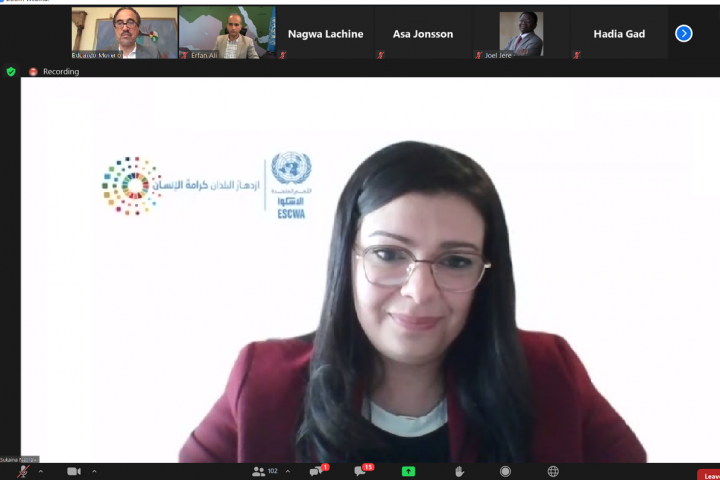The COVID-19 pandemic is far more than a health crisis; it is affecting societies and economies at their core. While the impact of the pandemic varies from country to another, it has increased poverty and inequalities at a global, regional, national, and local scales. To respond to the immediate socio-economic of COVID-19, the United Nations developed a related UN framework which highlights the need to “empower local governments; scale community and city level resilience” as core components for recovery. Accordingly, different United Nations entities are collaborating on the implementation of a joint project on “Building Urban Economic Resilience during and after COVID-19” in 16 different cities around the world. This project draws from the UN framework and promotes the “recovering better” principle by developing measures for planning and building resilient cities, advocating for an approach that is multi-hazard, multi- sectorial and multi-stakeholder, promoting the green and circular economy, overcoming inequalities, and assisting the most vulnerable groups.
The United Nations Economic and Social Commission for Western Asia (UN ESCWA) is leading the implementation of this project in the Arab region in partnership with UN-Habitat. The targeted cities in the region are Alexandria, Beirut and Kuwait. A diagnostic tool was developed as part of this project and used to assess the urban economic resilience of the city. The tool aims to capture the performance of cities and assess the effect of the pandemic on the urban economic resilience of the city and provide the evidence to design related recovery plans.
This workshop aims to present and validate the diagnostic and planning tool that was developed for this project to capture the city’s performance in terms of urban economic resilience and to guide the city’s related visioning and recovery plan. It also aims to present the results of the diagnosis for the Beirut City based on collected quantitative and qualitative data. Local stakeholders and relevant central government officials will be involved in an inclusive approach highlighting gender balance in visioning and scenario planning that will be used to set local recovery and resilience objectives and identify the main areas of focus for building economic resilience and financial recovery.
The discussion presented local development priorities and how they relate to the areas of focus for recovery. Key actions to achieve the desired vision will be developed and an identification of the institutional arrangements for the implementation of the recovery process will be discussed.


